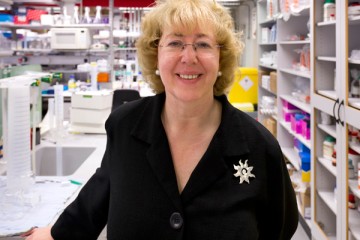Project grant
Stem cell-derived cardiomyocytes for detection of cardiotoxicity in cancer therapeutics

At a glance
Completed
Award date
November 2010 - October 2012
Grant amount
£323,298
Principal investigator
Professor Sian Harding
Co-investigator(s)
- Dr Nadire Ali
Institute
Imperial College London
R
- Replacement
Read the abstract
View the grant profile on GtR
